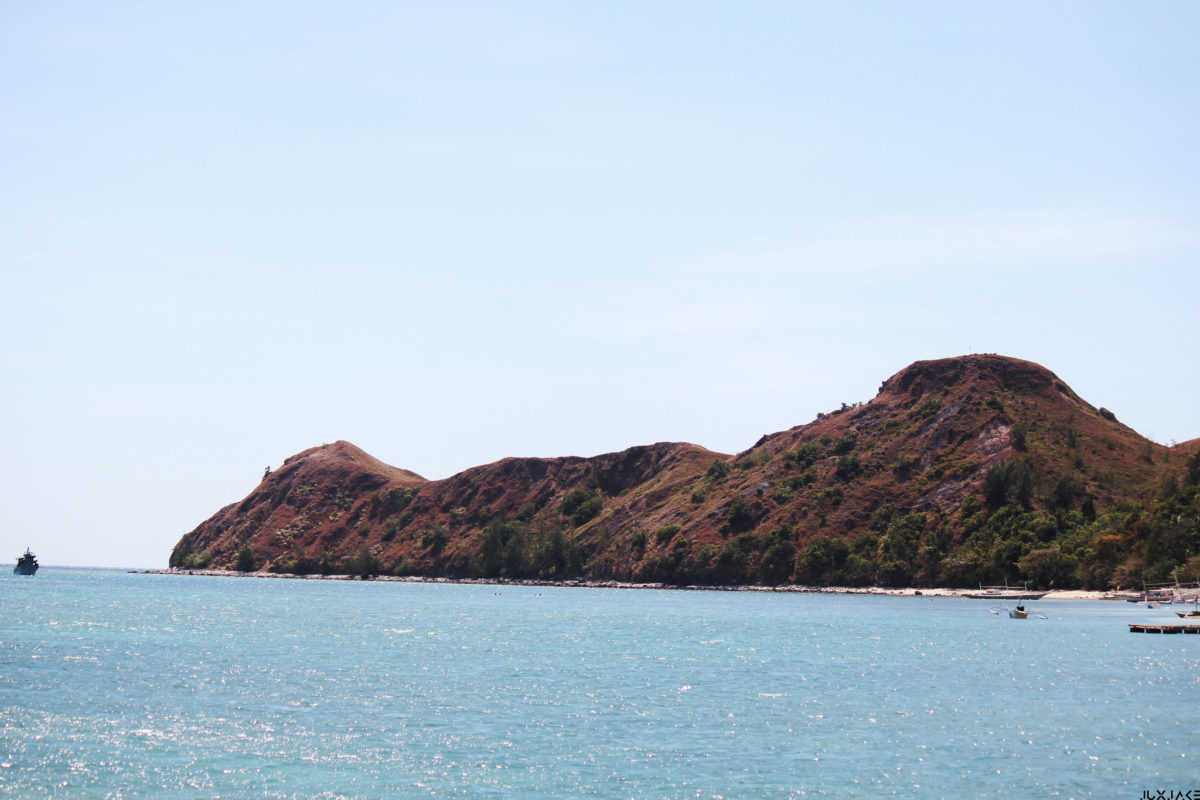From pv magazine global
Malalison, a small island in the Philippines has inaugurated a pilot project seeking to supply the islanders with with solar energy round the clock. The island features a 50 kW PV system coupled with a 273 kWh lithium-ion battery following a private joint venture between the Asian Development Bank (ADB), which provided technical assistance, Antique Electric Cooperative (ANTECO) the electric distribution franchise holder and One Renewable Energy Enterprise, Inc. (OREEI). The previously existing 54kW diesel genset will be retained for backup.
The 55-hectare island in the municipality of Culasi, Antique Province, so far has covered its electricity needs using a 54 kW diesel generator system. Though due to the remoteness of the island shipping the fuel has increased the islander’s electricity tariffs by a significant margin in comparison to other parts of the Philippines. According to the Asian Development Bank, the 160 households on the island only had access to electricity for four hours per day, resulting in the community’s restricted economic development.
An innovative part of the project is the use of a prepaid metering system, to bring energy to households which cannot afford monthly payment schemes. At the same time, the system will also improve ANTECO’s billing and collection system. According to the Asian Development Bank, the system now inaugurated in Malalison will be the country’s first electric cooperative to use an off-grid system. If successful the system can be replicated on other islands for further electrification of unserved or underserved communities.
The new system will allow for 24 hours energy supply, likely resulting in beneficial effects for the islands two main industries, fisheries and tourism, as fish can be refrigerated for preservation and lodging can be improved.
“ADB’s support of this venture is proof of its desire to concretely contribute to the government’s target of 100% household electrification by 2022 through private sector participation in the energy sector,” said ADB vice president for knowledge management and sustainable development, Bambang Sustantono. “The success of this project will encourage more investors into the country’s off-grid electrification efforts using distributed renewable energy systems, thereby promoting the goal of increasing energy access and inclusive growth.”
The National Electrification Administration of the Philippines first requested the project in 2016. The Asian Development Bank provides two grants of $100,000 each, to the projects metering system and solar generation assets. The total cost of the project is at $500,548. ANTECO and OREEI are providing the remaining funding for the solar generation of $125,474 and $175,074, respectively.
The development bank assists its member country through its Energy for All Program in developing energy access, for regions in which this had been expensive and difficult so far. “In the past 10 years, about 24 million households have benefited from ADB investments, of which $9 billion are in modern and improved energy access”, the bank writes. In 2018, ADB made commitments of new loans and grants amounting to $21.6 billion.
This content is protected by copyright and may not be reused. If you want to cooperate with us and would like to reuse some of our content, please contact: editors@pv-magazine.com.









1 comment
By submitting this form you agree to pv magazine using your data for the purposes of publishing your comment.
Your personal data will only be disclosed or otherwise transmitted to third parties for the purposes of spam filtering or if this is necessary for technical maintenance of the website. Any other transfer to third parties will not take place unless this is justified on the basis of applicable data protection regulations or if pv magazine is legally obliged to do so.
You may revoke this consent at any time with effect for the future, in which case your personal data will be deleted immediately. Otherwise, your data will be deleted if pv magazine has processed your request or the purpose of data storage is fulfilled.
Further information on data privacy can be found in our Data Protection Policy.